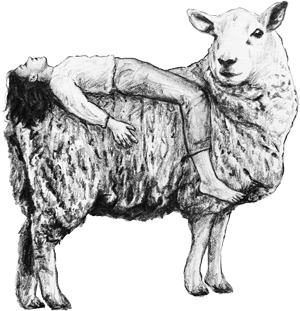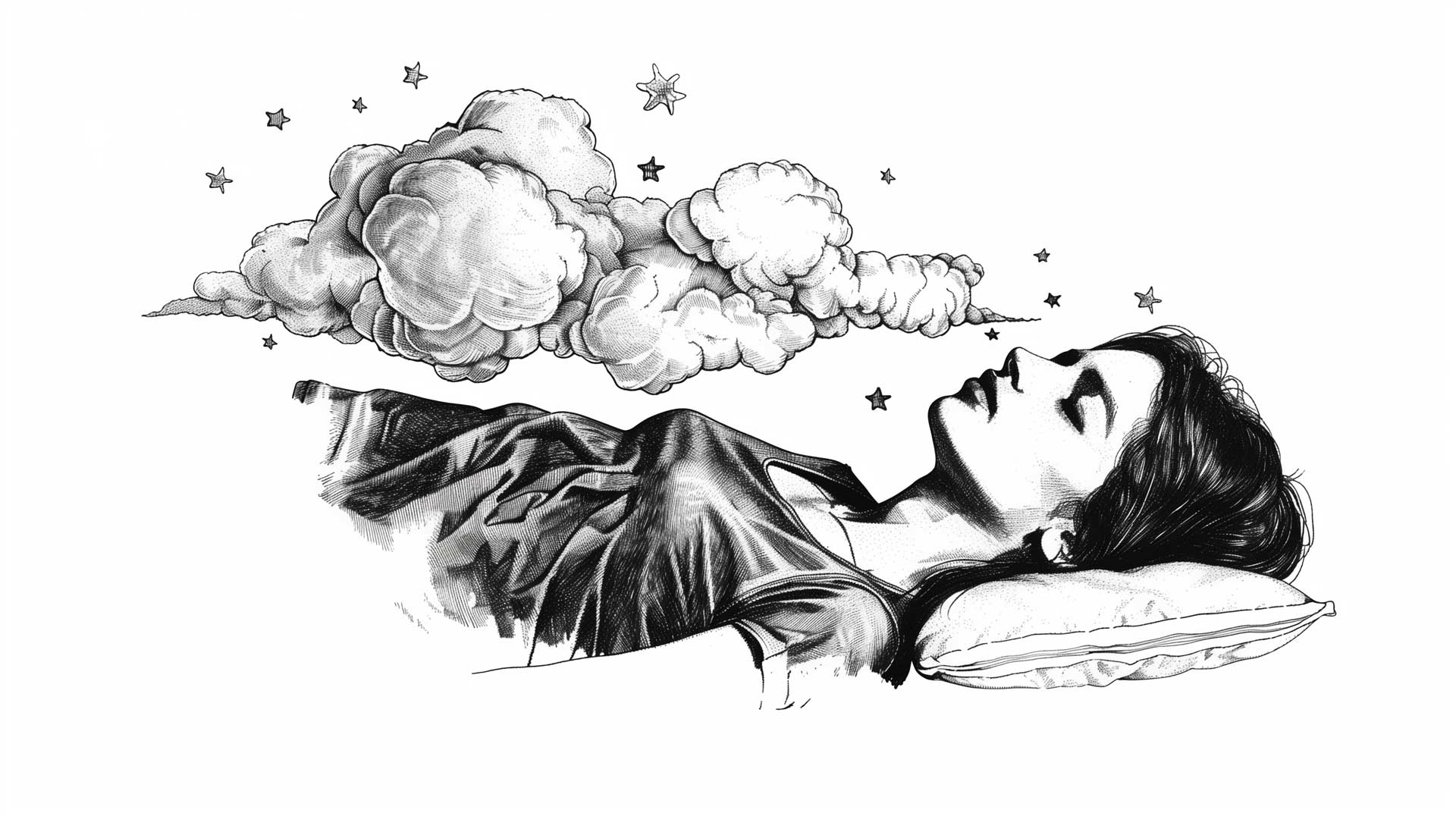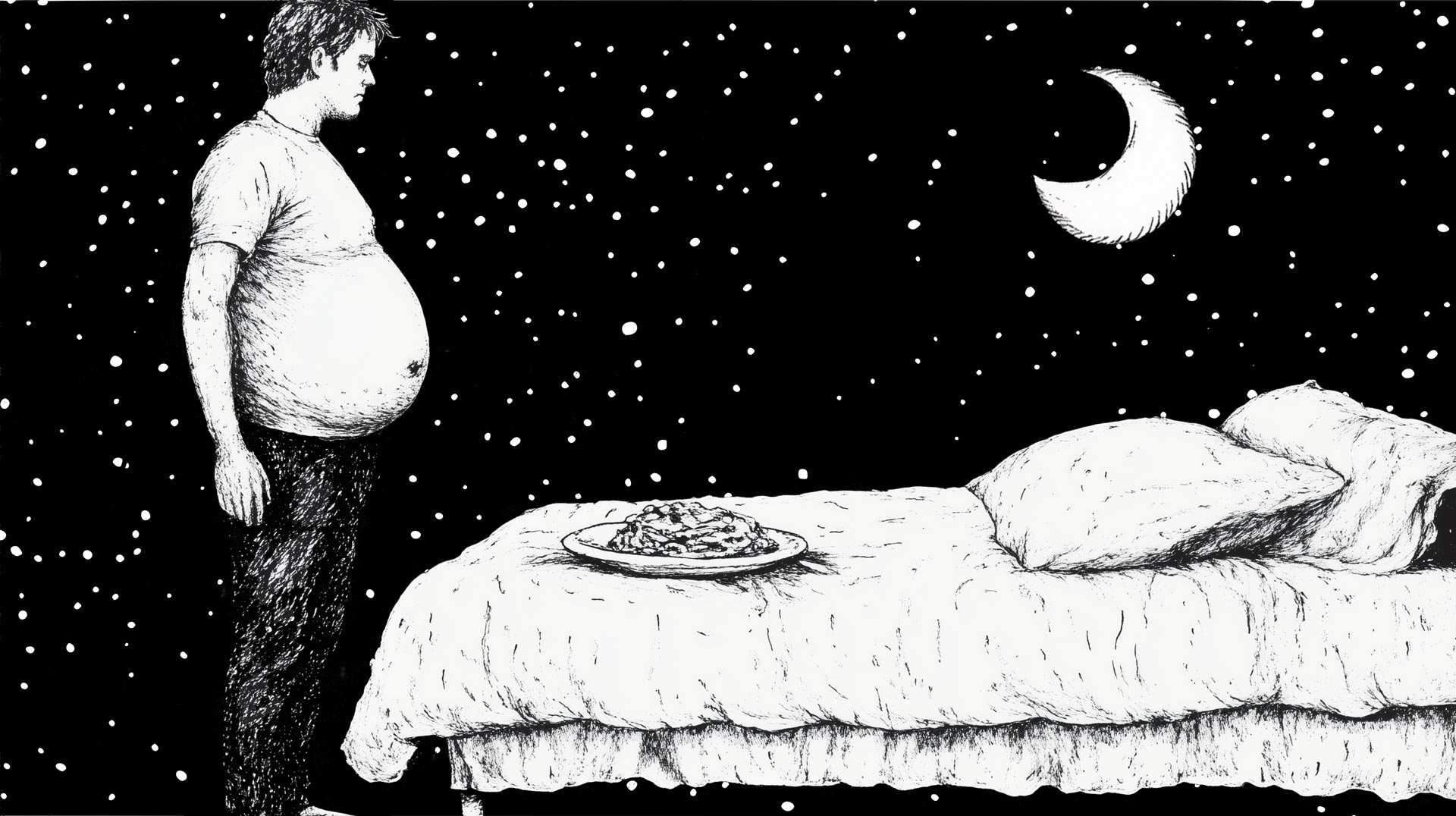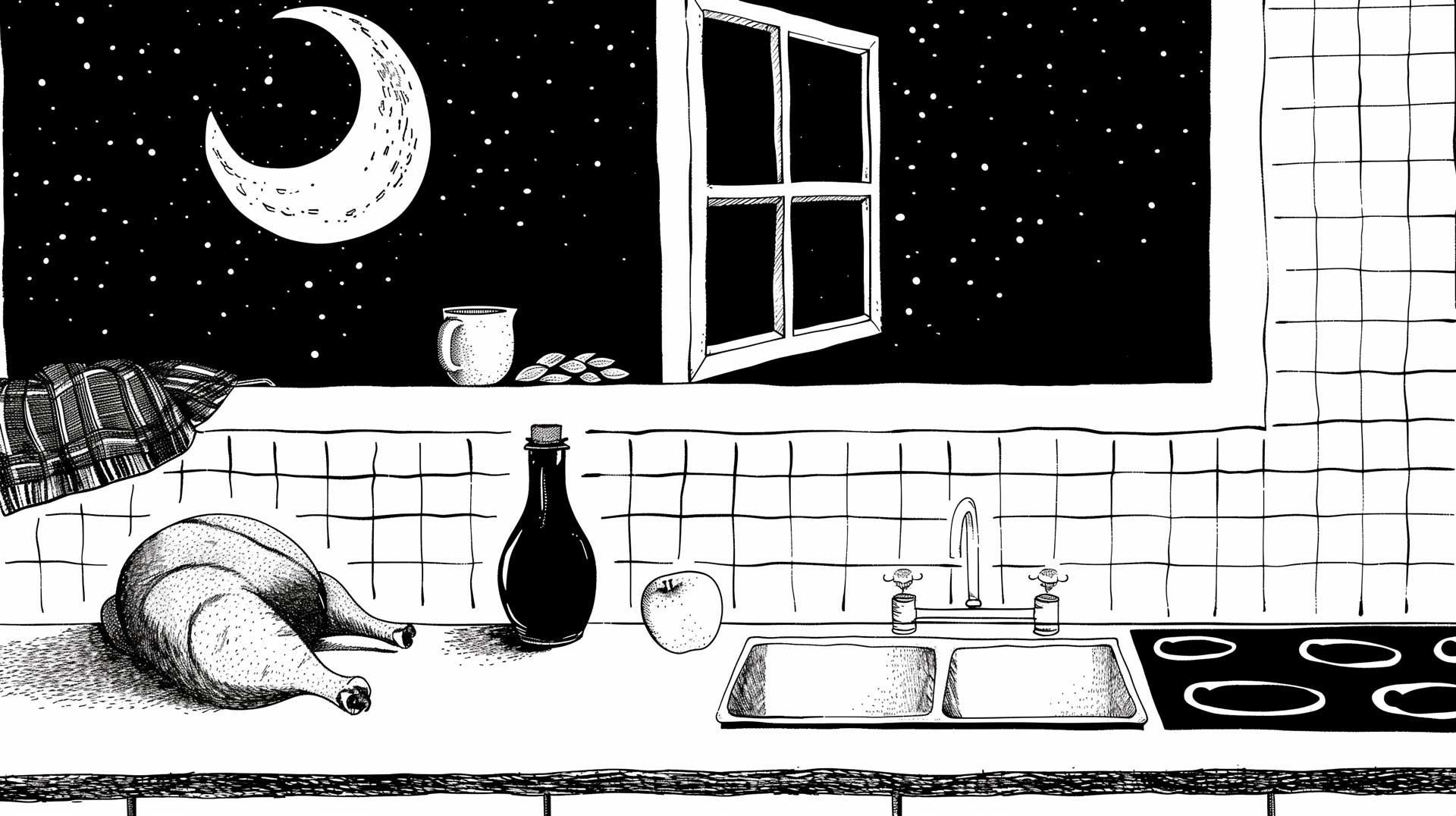Struggling to get a good night’s sleep can feel like a constant uphill battle in life. If you often find yourself staring at the ceiling, you might be dealing with insomnia.
This common sleep disorder affects many aspects of daily life and can be particularly troublesome for women. As a Woman you are more likely to experience it due to hormonal changes throughout your lifetime. The American Academy of sleep medicine states that „about 10 percent of adults have insomnia that is severe enough to cause daytime consequences“. We want to help you understand and manage the problems insomnia is causing.
In this article, we will cover:
- What is Insomnia and the 2 Types.
- The 2 Types of Insomnia.
- Symptoms of Insomnia.
- Common causes of Insomnia
- Risk factores of Insomnia.
- Possible treatments for insomnia
What Is Insomnia?
Insomnia is defined as a common sleep disorder characterized by difficulty falling asleep, staying asleep, or waking up too early and not being able to return to sleep. When someone has insomnia, they often wake up feeling unrefreshed, which can negatively impact their ability to function during the day. Insomnia can be classified into two types:
- Acute insomnia, also known as short-term insomnia. This normally lasts for a few days or weeks and is often triggered by stress or a traumatic event. It’s usually temporary du to certain life events and resolves without treatment.
- Chronic insomnia lasts for three months or longer and occurs at least three nights per week. This type of insomnia may require more complex treatments, including CBT for insomnia or chronic insomnia treatment options.
Possible Symptoms
- Difficulty falling asleep at night
- Waking up during the night
- Waking up earlier than desired
- Daytime tiredness or sleepiness
- Depression, or Anxiety
- Ongoing worries about sleep
Common Causes of Insomnia
Temporary (Acute) Insomnia
Temporary, or acute, insomnia is usually short-lived and often triggered by immediate circumstances or stressors. The sleep disruption is typically linked to:
- Stress: Worries about immediate issues like upcoming exams, presentations, job interviews, or other significant life events. This keeps your mind active at night, making it hard to sleep.
- Environmental Changes: It can occur due to changes in the sleeping environment such as staying in hotels or moving to a new home.
- Illness: Physical discomfort from an acute illness such as a cold, flu, or infection can disrupt sleep patterns temporarily.
- Jet Lag or Shift Work: Disruptions in the body’s circadian rhythms caused by crossing time zones or working late shifts can temporarily upset your normal sleep schedule.
Chronic Insomnia
Research into chronic insomnia often focuses on its complex interactions with other health conditions. Unlike acute insomnia, chronic insomnia is frequently both a symptom and a cause of other health issues. That’s why chronic insomnia can make illness like depression and heart disease even worse, and these conditions can also make insomnia worse.
There isn’t a single cause identified for chronic insomnia. Rather, it’s often a blend of lifestyle, physiological, and psychological factors that sustain it. Persistent activation of the body’s stress response system, hormonal imbalances, and disruptions of neurotransmitters are seen as potential underlying mechanisms. Research continues to explore these areas, aiming to better understand how these complex interactions contribute to chronic insomnia and how best to treat insomnia.
- Chronic Stress: Unlike temporary stressors, chronic stress such as ongoing job pressure, chronic health problems, or long-term relationship difficulties can lead to persistent sleep problems.
- Psychiatric and Medical Conditions: Chronic insomnia is often comorbid with mental health conditions like depression, anxiety, and bipolar disorder. Chronic pain, breathing difficulties, and neurological conditions like Parkinson’s disease and Alzheimer’s can also lead to insomnia.
- Poor Sleep Habits Over Time: Long-standing habits such as irregular sleep schedules, using the bed for work or watching TV, and poor sleep environment are significant contributors to chronic insomnia.
- Substance Use: Long-term use of alcohol, caffeine, and certain drugs can disrupt sleep architecture and lead to chronic insomnia.
Risk Factors for Insomnia
Certain factors may increase your risk of developing insomnia:
- Age: Insomnia becomes more common with age. Older adults struggle more often with sleeping problems.
- Gender: Women are more likely to suffer from insomnia. Hormonal shifts during the menstrual cycle and menopause can significantly affect sleep.
- Stress: As mentioned, high levels of stress can lead to short-term insomnia and, if sustained, might contribute to chronic insomnia.
- Lifestyle: Irregular schedules and frequent travel can disrupt your body’s sleep routine, increasing the likelihood of insomnia.
Also various medical conditions can lead to insomnia, including:
- Mental health issues like anxiety and depression
- Medications that disrupt sleep as a side effect
- Medical conditions such as chronic pain, cancer, diabetes, heart disease, asthma, GERD, overactive thyroid, Parkinson’s disease, and Alzheimer’s disease
- Sleep-related disorders like sleep apnea and restless legs syndrome
Treatments for Insomnia
There isn’t the one cure for insomnia. Addressing the issue often involves more than just treating the symptoms. Here are some effective approaches:
Cognitive Behavioral Therapy for Insomnia (CBT)
(CBT) is considered the most effective treatment recommended as the first line of defense against chronic insomnia. It addresses the root psychological and behavioral aspects of insomnia by employing a combination of techniques.
These include:
- Cognitive restructuring to challenge distressing beliefs about sleep.
- Education on sleep hygiene to promote better sleep habits.
- Sleep restriction therapy to enhance sleep efficiency.
Additionally, it uses stimulus control to strengthen the association between bed and sleep. It also teaches relaxation techniques to help calm the mind and body. Unlike sleep medications, the benefits of CBT are designed to be long-lasting, providing patients with skills to maintain healthy sleep patterns independently. This therapy requires active participation and commitment but offers a sustainable solution to improve sleep quality and is the best natural remedy for insomnia.
Medication
There are various sleep medications that might be prescribed to help with insomnia. However, it’s important to rely on a healthcare provider’s guidance, as these can have side effects and are typically recommended for short-term use.
When to See a Doctor
It’s important to consult a healthcare provider if your insomnia disrupts your daily life or if you feel persistently tired or low. A doctor can help identify the cause and determine if there are underlying health issues contributing to the sleep disorder. A doctor can recommend you special insomnia therapies when you have chronic trouble sleeping.
Conclusion
Insomnia is a complex condition, but understanding the symptoms, causes, and available treatments can help you to make the changes needed to improve your sleep. Remember, a good night’s sleep is crucial for your health and well-being, so don’t hesitate to seek help if you’re struggling with sleep.



